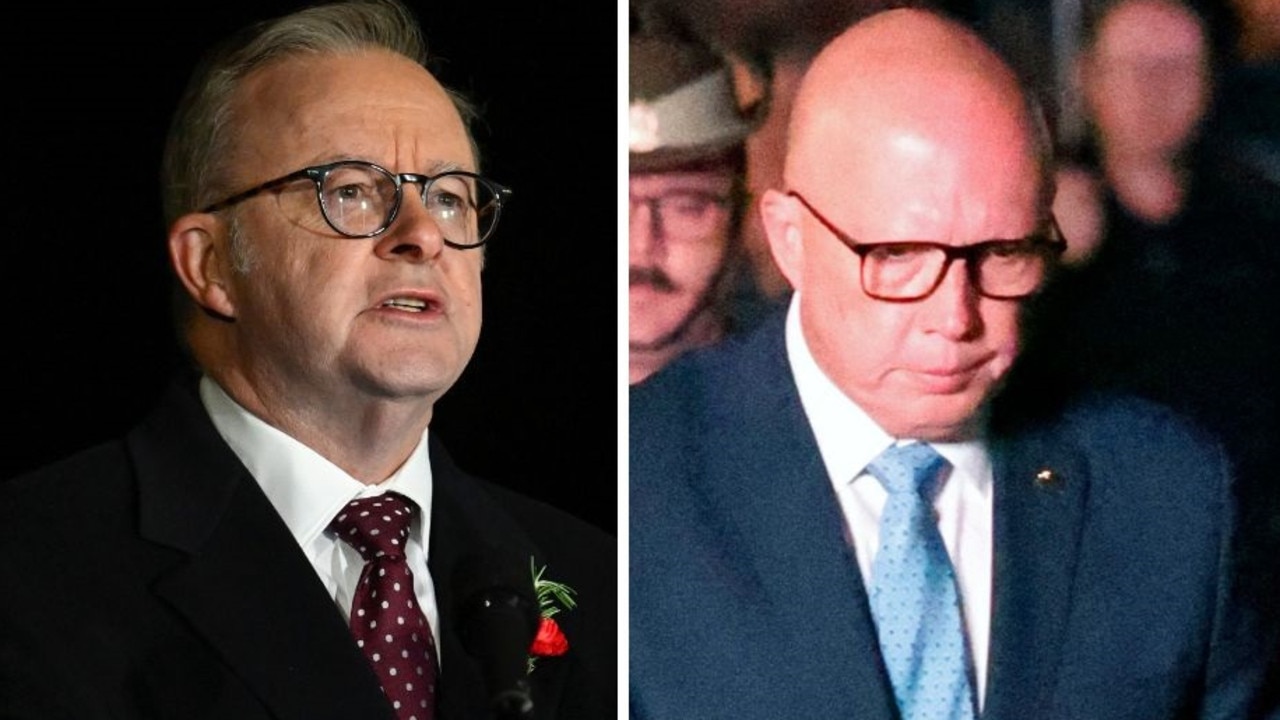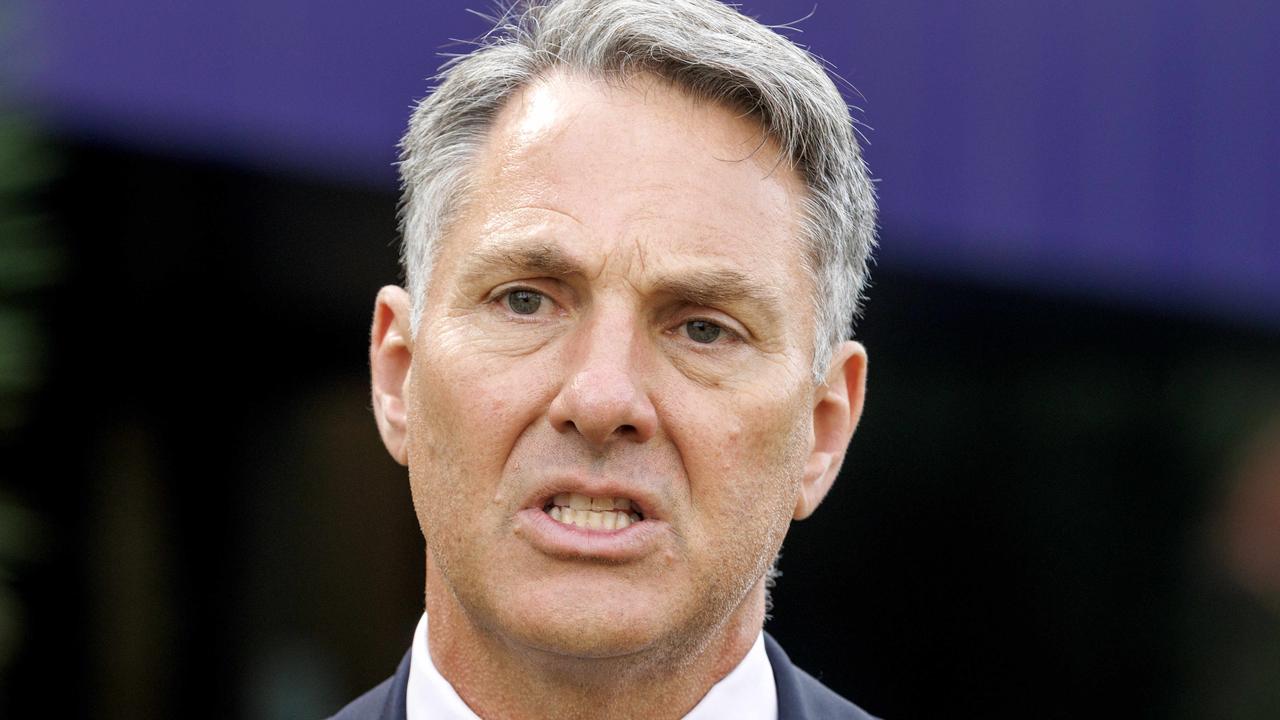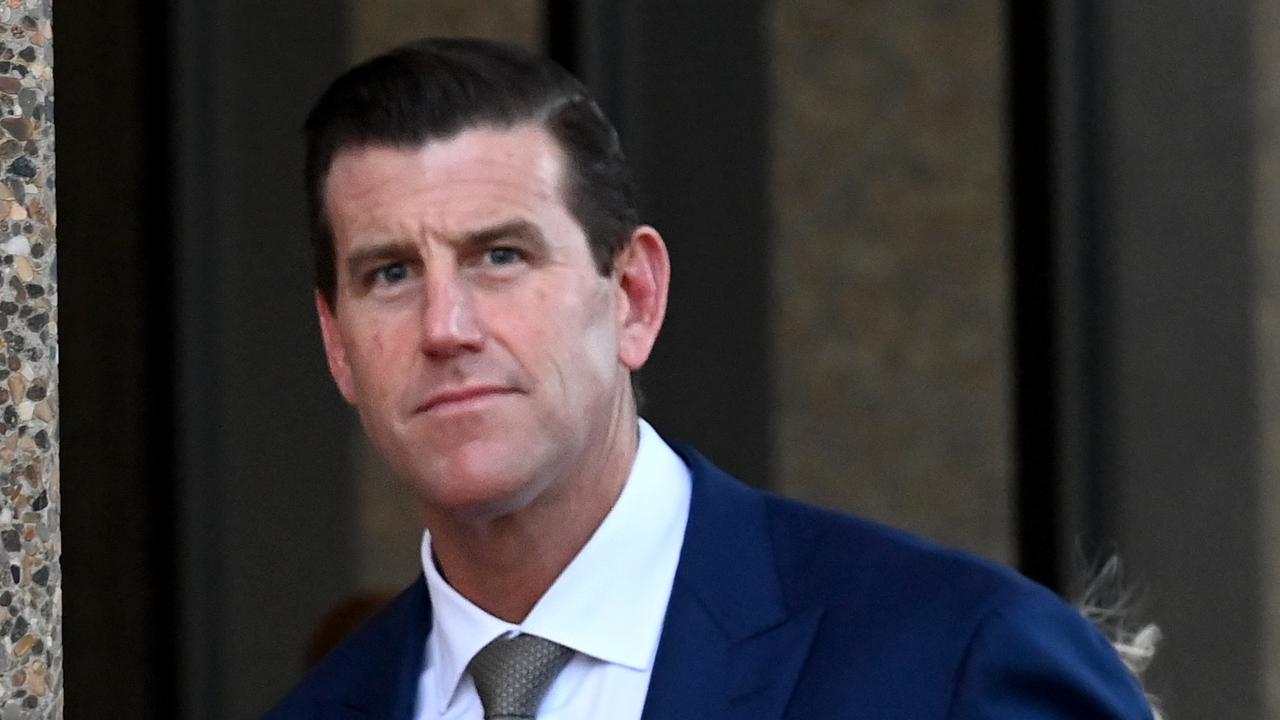Government's response into scathing royal commission into defence veterans suicide
The government has promised sweeping changes in its response to a scathing report on the high rates of suicide among veterans and ex-defence members.

The government has vowed to implement “historic” and enduring reforms to key defence, military and veterans bodies after a scathing report handed down by the Royal Commission into Defence and Veteran Suicide found current systems were grossly lacking.
In accordance with the report’s recommendations, the government will immediately establish a Defence and Veteran Service Commission, tasked with overseeing the reforms and instructing government with evidence-based advice to combat suicide.
Prime Minister Anthony Albanese said the new body will be established “immediately,” acknowledging the royal commission’s finding that “not enough has been done”.
Further legislation cementing the body will occur next year.
A new agency focused on wellbeing will also be established under the Department of Veterans’ Affairs, which was criticised in the final report as having lost trust among the veteran community due to its “overly complicated” and “fragmented” systems.
DVA will also be funded to develop a national ex-service organisation peak body – another recommendation made by the commission.
A taskforce within the Prime Minister and Cabinet will also be convened to centralise advice from external experts, and oversee detailed implementation.
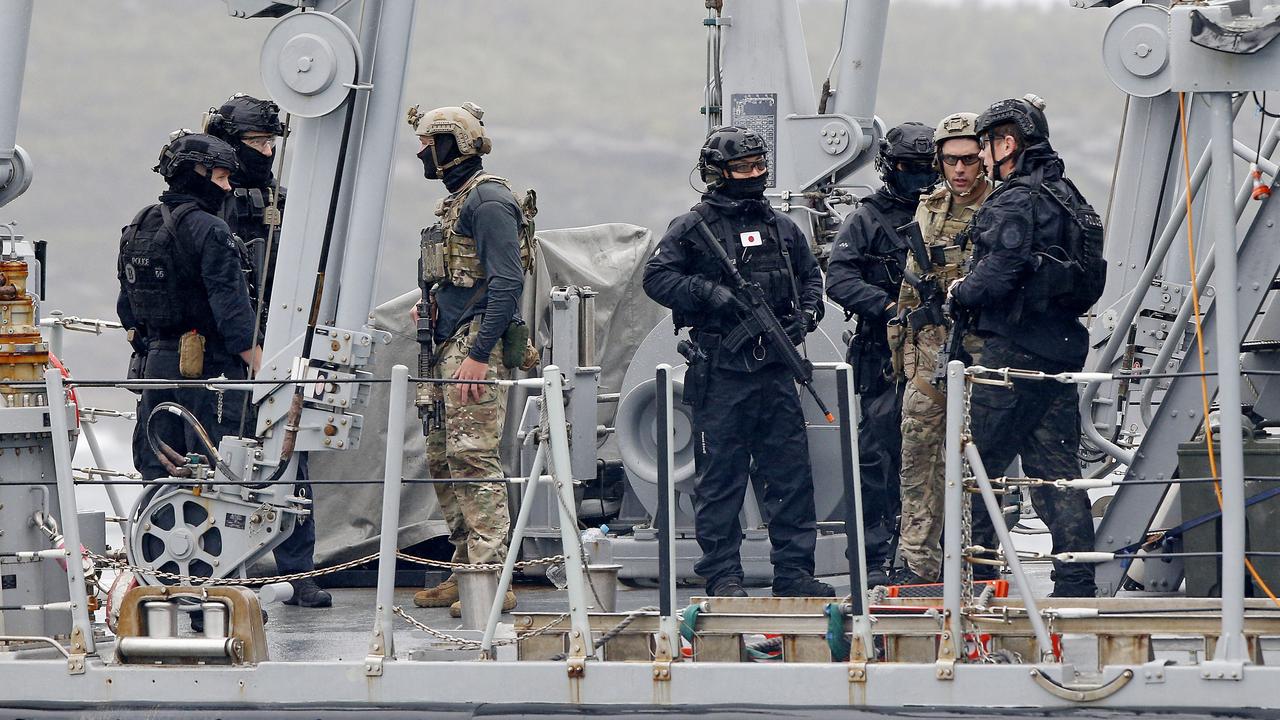
The major three-year inquiry was established following the suicides of at least 677 serving and former defence personnel between 1997 and 2021, more than 20 times the number of members who died in active duty over the same period.
In response to the high rates of suicide, the review called on the Inspector General of the Australian Defence Force to investigate all deaths of serving members where suicide cannot be excluded as a cause of death.
Out of the royal commission’s 122 recommendations, the government agreed to, or gave in-principle agreement to 104 recommendations, and noted 17 recommendations for further consideration.
Only one recommendation was rejected, which called for the removal of the service differential for permanent impairment compensation, which would allow all ADF members to access the same level of compensation for eligible injuries whether it was incurred in training or while conducting operational service.
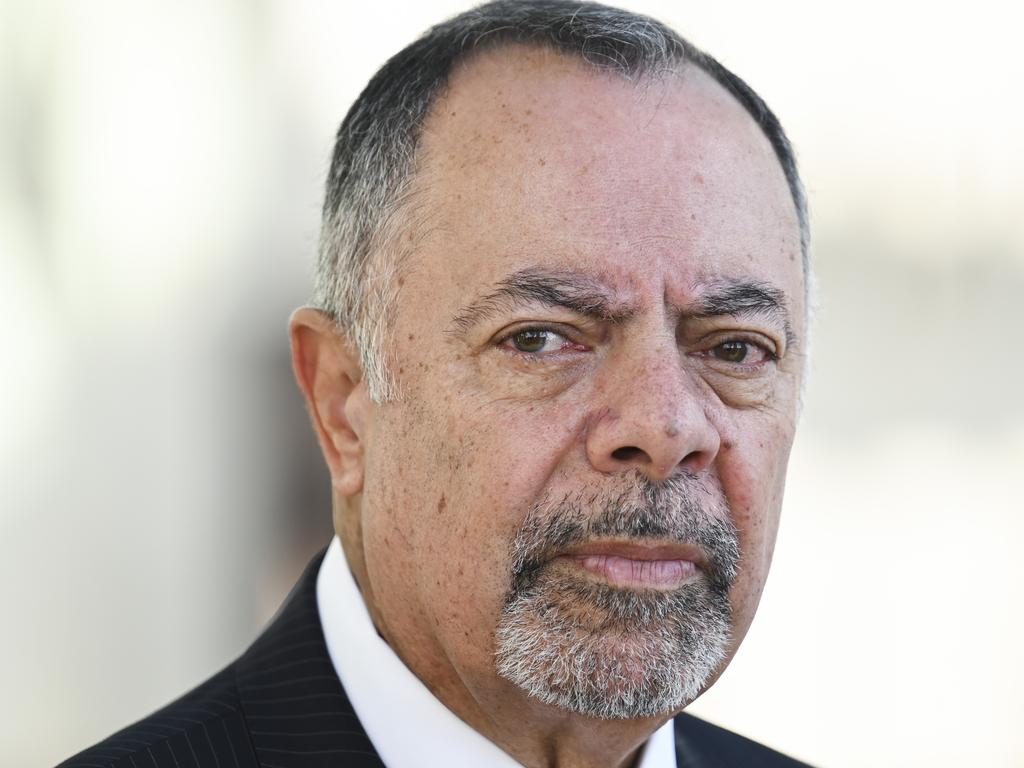
The final report issued by the royal commission also called for widespread change to combat rife sexual violence in the ADF, with the government committing to a formal inquiry into under-reporting of cases, as well as the military justice system as a whole.
During sentencing of perpetrators, legislative changes will also force judges to consider the rank of the victim and offender, as well as victim impact statements.
In cases where the offender is of a higher rank than the victim, this will be considered an “aggravating factor” during sentencing.
The government has also committed to changing laws to better protect ADF members during sexual misconduct investigations to allow members to be suspended with pay when they are subject to an inquiry.
Legislative changes will also be needed to implement a presumption of discharge for ADF members who have engaged in serious sexual misconduct, as well as sexual and related offences.
Extra considerations will also be given to ensure victims of sexual misconduct are not disadvantaged during the course of their careers, and are not posted with their perpetrators “where possible and appropriate”.
Anonymised data on the administrative and disciplinary outcomes of all sexual misconduct incidents will also be published on an annual basis.
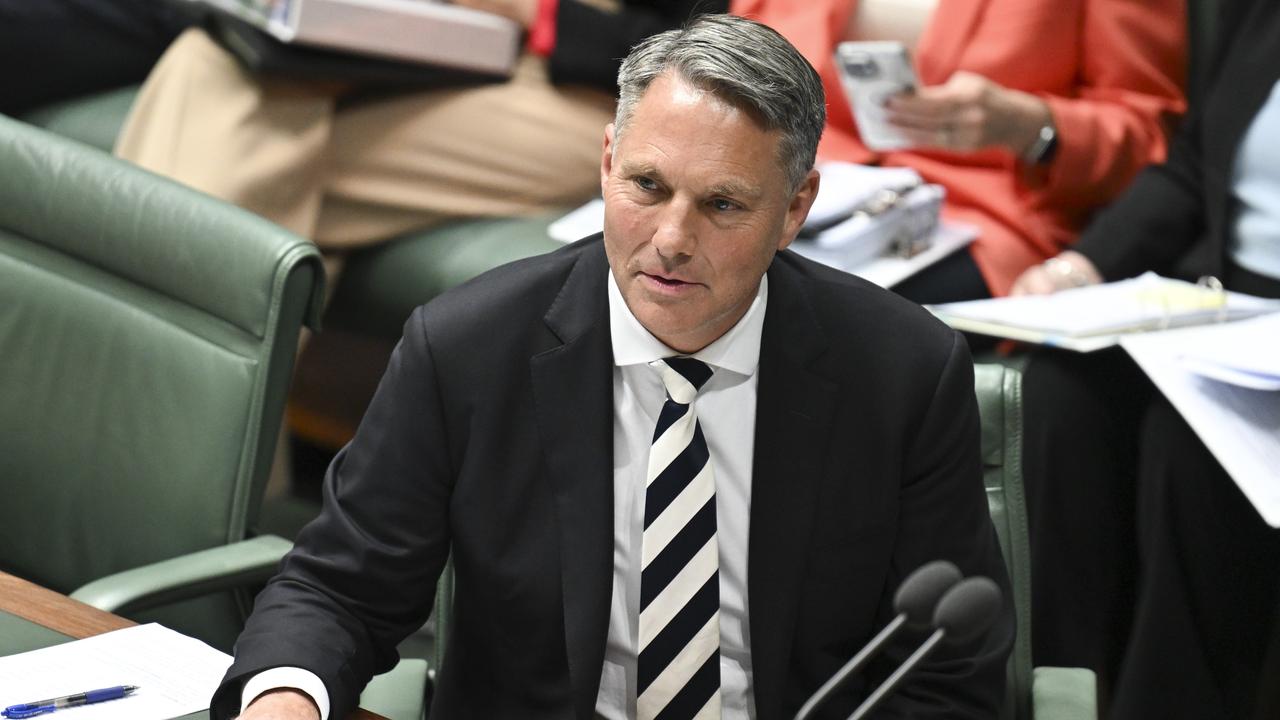
Handing down the government’s response, the Prime Minister said it was a “historic opportunity to deliver lasting reform to support defence personnel, veterans and their families.
“We have lost too many lives, and every single one is heartbreaking. Today I want to acknowledge every family and friend grieving the loss of a loved one,” he said.
He said it was “one of the fastest government responses ever” to a royal commission report.
“We can’t bring back those that we’ve lost, but we can fight to stem this terrible epidemic, and we can strive to bring it to an end,” he said.
Defence Minister and Deputy Prime Minister Richard Marles vowed to implement the reforms, saying while it was not a simple thing to do, it was essential.
“The death by suicide of any Australian, including veterans and serving Defence personnel, is a national tragedy,” he said.
Minister for Veterans’ Affairs and Defence Personnel Matt Keogh thanked the 5865 people, including current and former members, who made submissions to the royal commission.
“We thank all those who came forward and bravely told their story to the Royal Commission. Your courage and the Royal Commission’s work directs the necessary change needed to save lives,” he said.
“The Government’s response to the Royal Commission will deliver changes in Defence and DVA that will improve the lives of serving personnel, veterans and families today and into the future.”
The work of advocate Julie-Anne Finney, who lost her 19-year-old son to suicide before lobbying the government for a royal commission was also applauded.
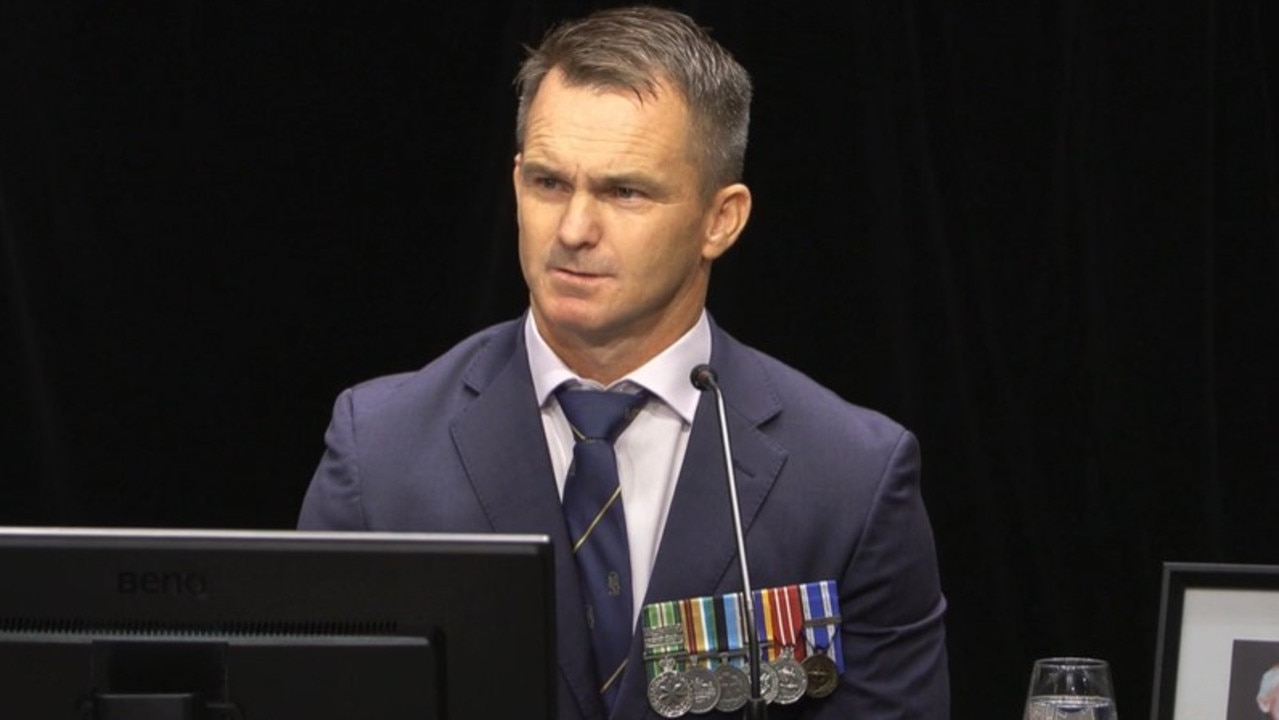
“It’s for these families, for our serving personnel, for our veterans, that we have worked so quickly to produce this response to the Royal Commission, because we deeply understand the urgency and importance of doing this work,” Mr Keogh said.
Independent senator and former Australian Army corporal Jacqui Lambie thanked the government for its “prompt action”.
“It’s been three months since the Royal Commission handed down the 122 recommendations. I am very pleased that just three months later, the government has agreed to 104 of those recommendations,” she said.
“These reforms must bring real enduring change. It’s essential that this body is independent and can provide frank and fearless advice to Ministers.”
Navy hero John Armfield reacted with scepticism to the government’s recommendations and argued the core of the problem was Defence’s workplace culture.
“These are workplace issues,” he said.
“It (the new body) is going to have oversight but the majority of injuries, where people are getting medically discharged, they are symptoms of workplace abuse, bullying and sexual abuse.
“What we’re addressing now are the symptoms, the government is refusing to address the cause.
“The mental health issues they are discussing are a symptom.
“The illness is failed leadership, either through incompetence or corruption.”
Mr Armfield, who lost his brother Andrew, an air force serviceman, to suicide in 2011, said Defence employees should be covered by the Fair Work Act.
“They (the government) refuse to actually give us an Act that will protect us,” he said.


